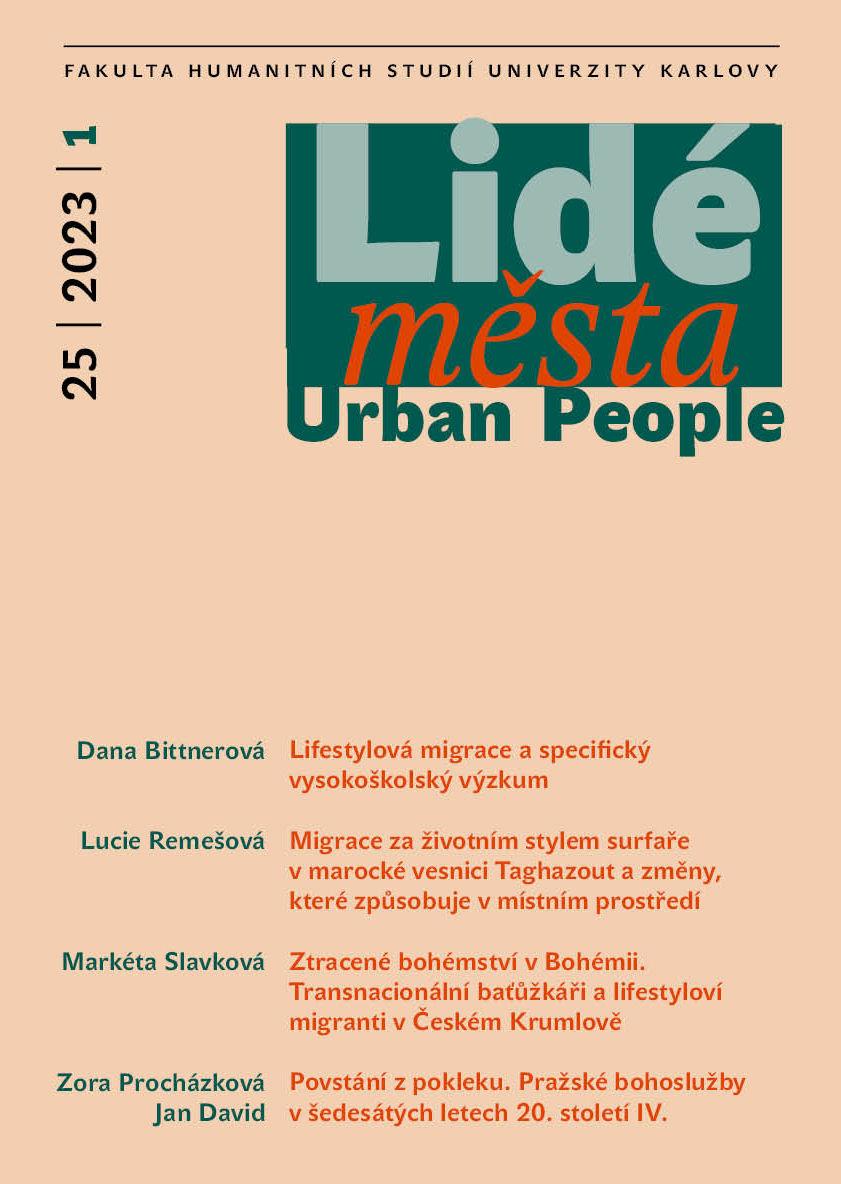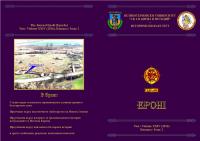
We kindly inform you that, as long as the subject affiliation of our 300.000+ articles is in progress, you might get unsufficient or no results on your third level or second level search. In this case, please broaden your search criteria.


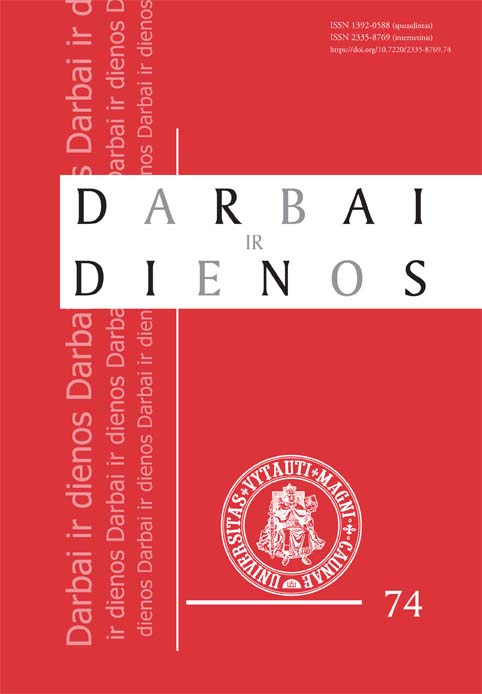
Those who are not new to science know well how difficult it is not to identify one¬self with the object of one’s investigations and research. Especially when one needs to withdraw and to close oneself off by the partition of method and to look at people, objects and phenomena themselves, at everything that’s going on here and now, and to see these processes not through the eyes of a participant but through the eyes of an observer, and when one must recognize, describe, and explain things that are still hard to grasp. And the faster one must do this, the harder and at the same time the more important it is after we have reflected on the issue to steer it in another direction. That’s hard to do but worth a try because that’s the only way of getting down from the ivory tower we’re often accused of inhabiting and of becoming needed by others while (slipping for a while into bureaucratic jargon) responding to the challenges of our times and our society when that’s needed the most.
More...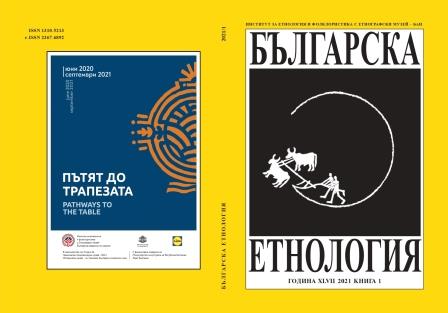
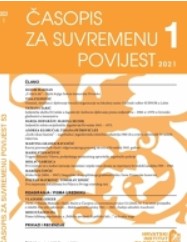
U Časopisu za suvremenu povijest broj 3 za 2020. godinu objavljen je tekst Davora Marijana pod naslovom „Politika povijesti ili politika laži – povodom jednoga prikaza u Preporodovu Journalu”, kao reagiranje / pismo uredniku na moj prikaz njegove knjige Rat Hrvata i Muslimana u Bosni i Hercegovini od 1992. do 1994. godine, štampan pod naslovom „Podrigivanje sukoba” u časopisu Preporodov Journal. U prikazu Marijanove knjige nastojao sam skrenutipažnju na nekoliko karakterističnih spornih mjesta u njegovoj interpretaciji političkih i vojnih odnosa i događaja u Bosni i Hercegovini, uključujući i oružani sukob.
More...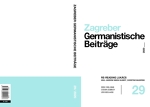
This volume is dedicated to Georg Lukács’ concept of form. The concept itself is understood in the broadest sense as the result of drawing boundaries, which open a framework for communication and social mediation. Form, as Judith Butler aptly remarked with regard to the scope of the term in the work of the early Lukács, is nothing that is added to the expression, but rather it becomes a condition, a sign and the possibility of its subjective and objective truth (Butler 2011). Even more: As Form, according to Lukács, can never be understood outside of its own genesis, the concept becomes the presupposition of a practice of literary and cultural studies which sees itself as the critical reading of the genealogy of forms (Menke 2018). To such a reading, the volume shows, Lukács not only subjected the forms of literature, life and the social, but did so with a degree of lucidity unmatched in literary and cultural studies to this day. If the possibilities of the form-genealogical approach remained largely unfollowed, it was because the problem of form highlighted by Lukács was overshadowed by the dogmatism with which he later tried to solve it.
More...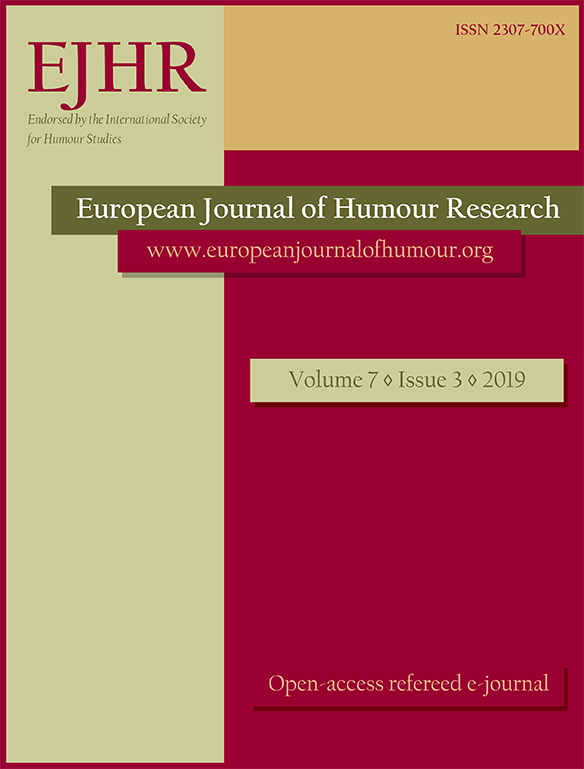
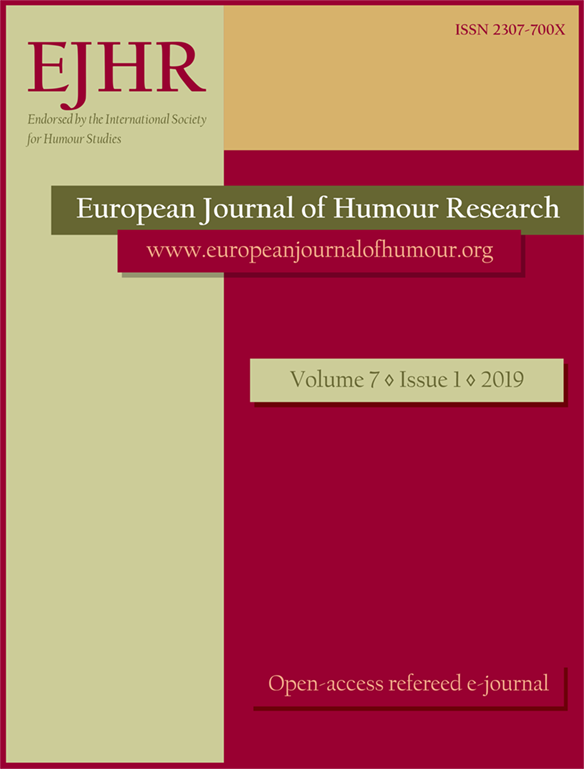
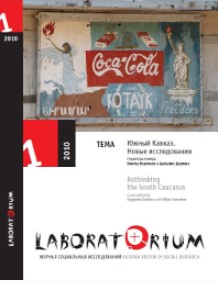
Эссе, представленные в этом разделе, были написаны в 2005 году по результатам исследовательской школы, организованной Центром независимых социологических исследований (ЦНСИ, Санкт-Петербург). В ЦНСИ существует традиция полевых школ, когда исследователи на короткий период (обычно на две недели) выезжают в «поля» с тем, чтобы провести небольшое исследование или, точнее говоря, собрать впечатления для дальнейшей разработки темы и потренировать собственное социологическое воображение. Осенью 2005 года таким «полем» стало российско-абхазское приграничье. Неделю школа проходила на российской стороне, в приграничном поселке Веселый. Вторую неделю исследователи жили в Абхазии, в курортной Гагре.
More...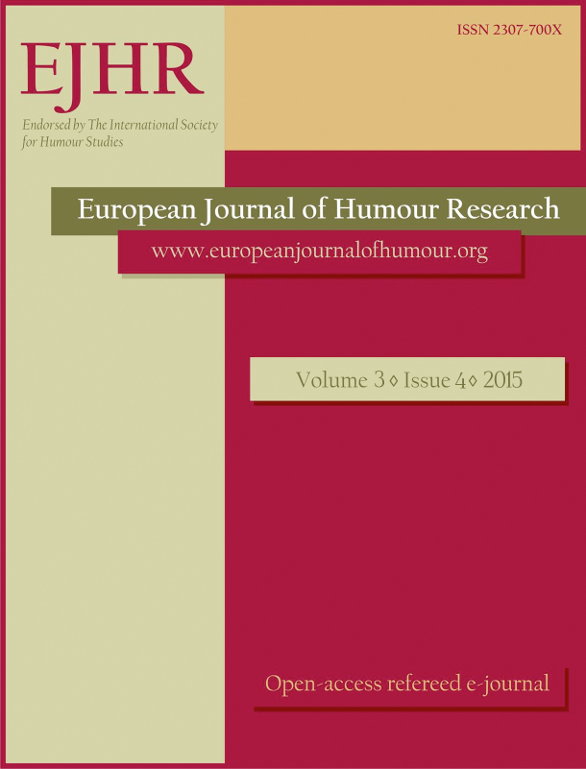
This is a collection of international papers on the roles that humour can play in education. It brings together authors from Australia, Canada, Colombia, the USA, and the UK. Consequently, the special issue is a collaborative effort, and while collaborative efforts come in many shapes and sizes, this particular special issue is, in many ways, a reflection of the “superdiverse” societies we live in (Blommaert & Rampton 2011), one where the differences in social locations are (re)connected through a belief that humour in the classroom is particularly effective and new forms of affinities are developed (Black 2009; González Lopera 2015; Mora 2013a, 2014). Modern technology makes the creation of such networks a more expedient process. The papers comprising this issue were first presented as a panel at the Ninth International Congress of Qualitative Inquiry at the University of Illinois, Urbana-Champaign (Mora 2013b). The panel was judged a success and reinforced the collegial bonds among the authors. Issues of relevance for the authors emerged from the panel in relation to the new ways in which all the authors have tackled humour as an educational tool. All the presentations showed the need to look more deeply at these issues from a contemporary perspective. Thus the process of taking part in the panel critically developed the ideas in this special issue. This special issue is important because it provides
More...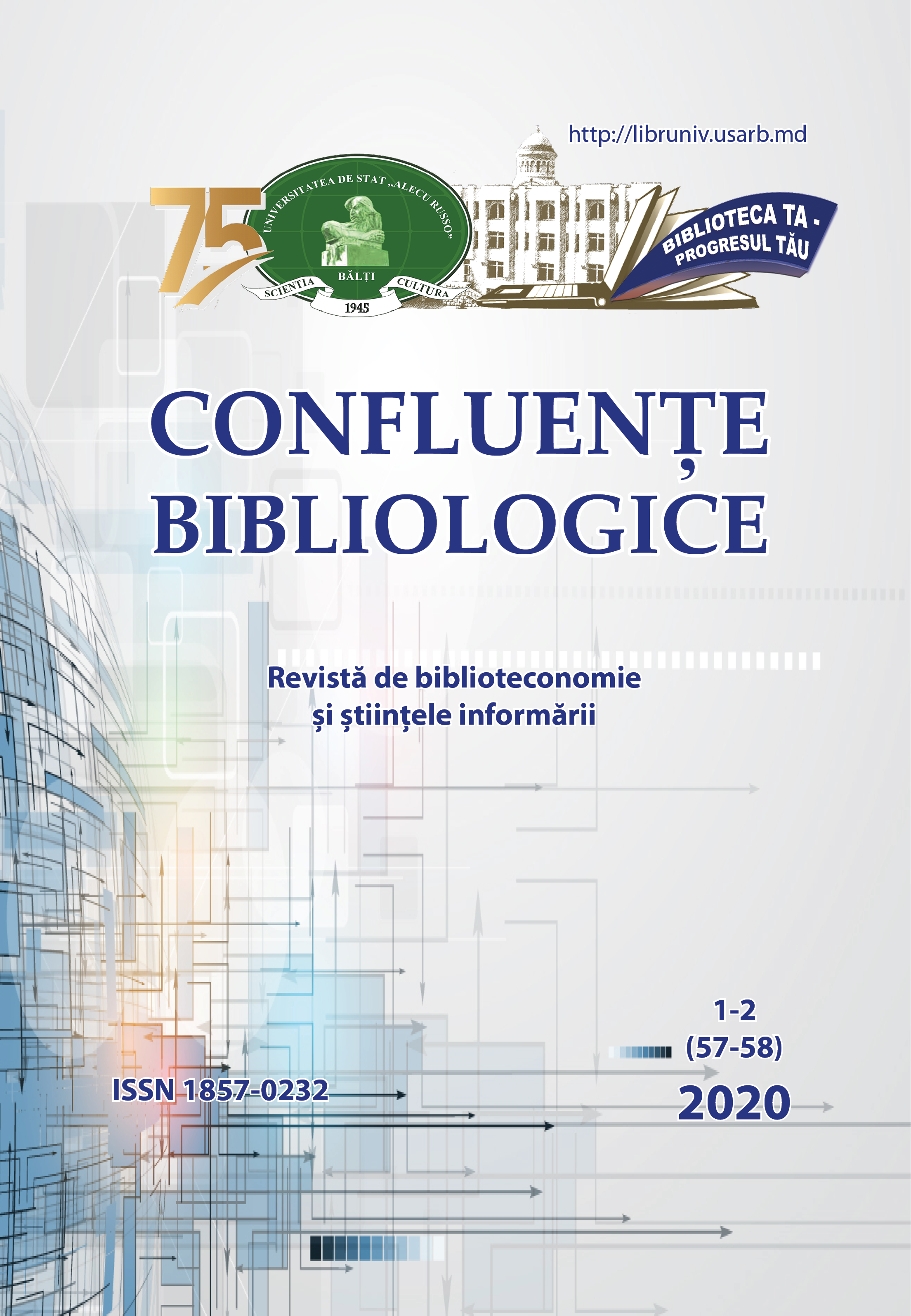
The book was published in 1905 at Bucharest,Socecu Publishing House andis illustrated beautifully with images from Wolkenberg's postcards from Chisinau. It is afacsimile reproduction made by Publishing House ,,Semne” of the original work. But thefirst image shows a reproduction after a lithograph from 1837, executed by Raffet, titledBessarabian Mail Cart.
More...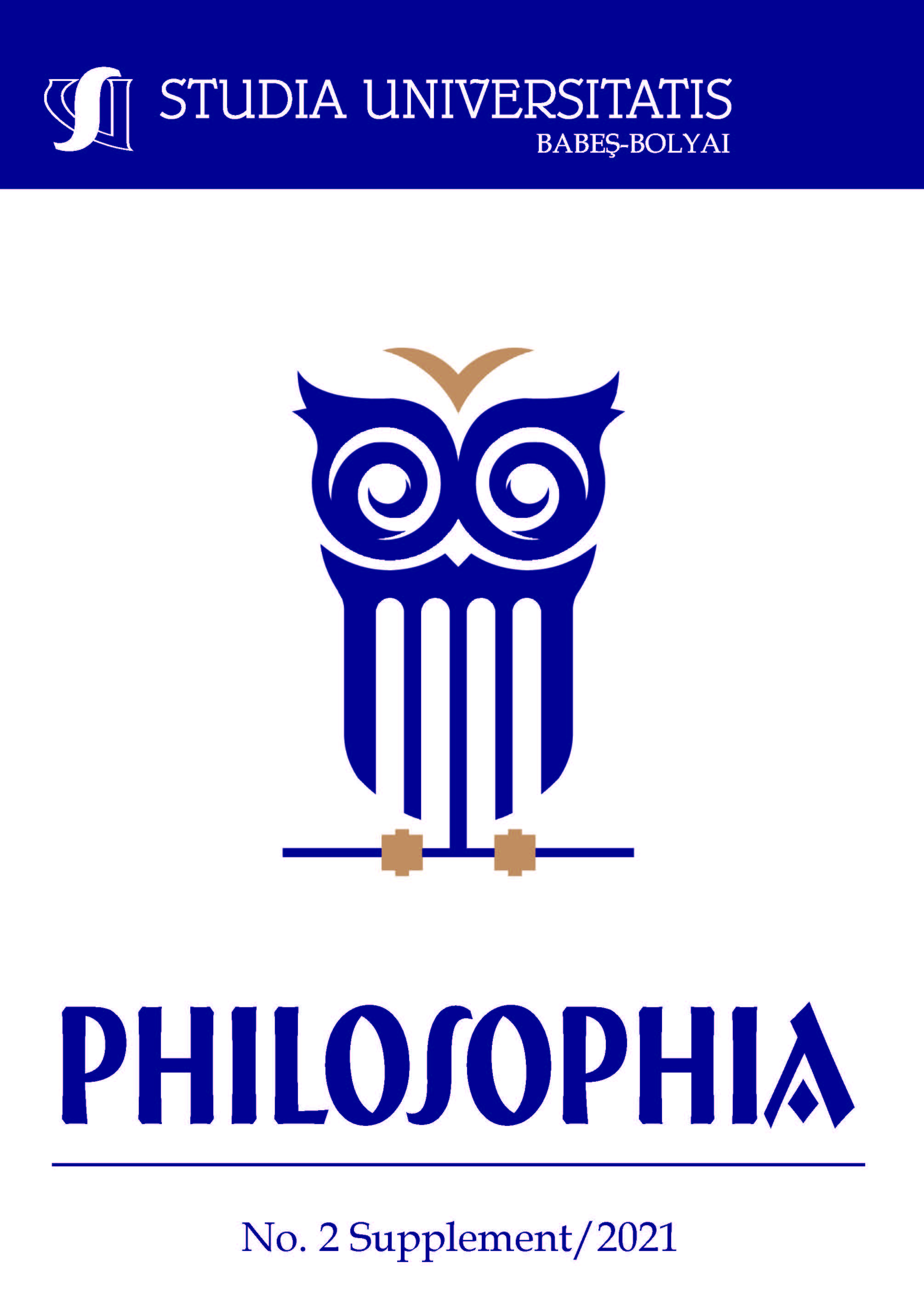
The paper outlines a series of introductory remarks on the dossier “Philosophical perspectives on embodied cognition and interaction.” The first section identifies two major philosophical issues emerged as crucial in the investigations related to embodied cognition and challenged their conceptual limits: (1) situated action and interactions, and (2) the interface problem. A discussion of the way in which the embodied-enactivist accounts might improve our understanding of diverse forms of embodied cognitive practices can be found in the following section. It ends with a short overview of the key topics and arguments of the papers selected in the dossier.
More...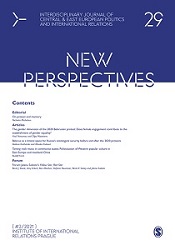
The Editorial team welcomes you to the September 2021 issue of New Perspectives. The relationship between protest and memory runs through this issue. All forms of societal critique treat the past and present as the ‘antechamber’ to what may come next (Koselleck, 1988). This means every protest movement is bound up with historical storytelling, today increasingly framed by the unravelling of the post-cold war order visible in domestic political contestation, rising populism and geopolitical tensions in Europe. Standing behind this is a degree of loss of faith in the utopian philosophies of history invented to resolve the crisis of the enlightenment’s challenge to autocracy in Europe.
More...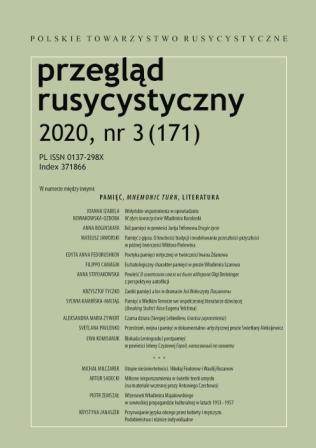
The article is an attempt of synthetic look about the most important problems raised as part of the so-called memory studies, the author highlights those topics and presents lectures that are used in literary studies that are present in the framework of memory turn.
More...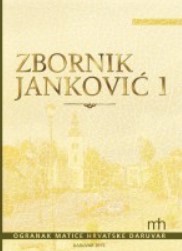
Ove godine navršava se punih deset godina otkada je pod istim naslovom bio objavljen jedan prilog u Vrelima, glasilu Ogranka Matice hrvatske Daruvar za znanost, kulturu I umjetnost. Tada sam u uvodnom dijelu napisao da smo zakoračili u 21. stoljeće i da Daruvar još nema jednu cjelovitu monografiju u kojoj bi se mogli pronaći osnovni podaci o svim segmentima života na ovim prostorima, od najstarijih vremena do danas. Stoga smo se tada morali, pa i danas se moramo zadovoljavati monografijom Daruvar iz 1975. godine u kojoj je na najbolji način prikazan cjelovit prikaz Daruvara i njegove okolice. Unatoč njezinim mnogim nedostacima, ipak se mora priznati da ovu monografiju u izdanju Turističkog društva Daruvar nije dosad svojim pisanim sadržajem nadmašila nijedna kasnija monografija.
More...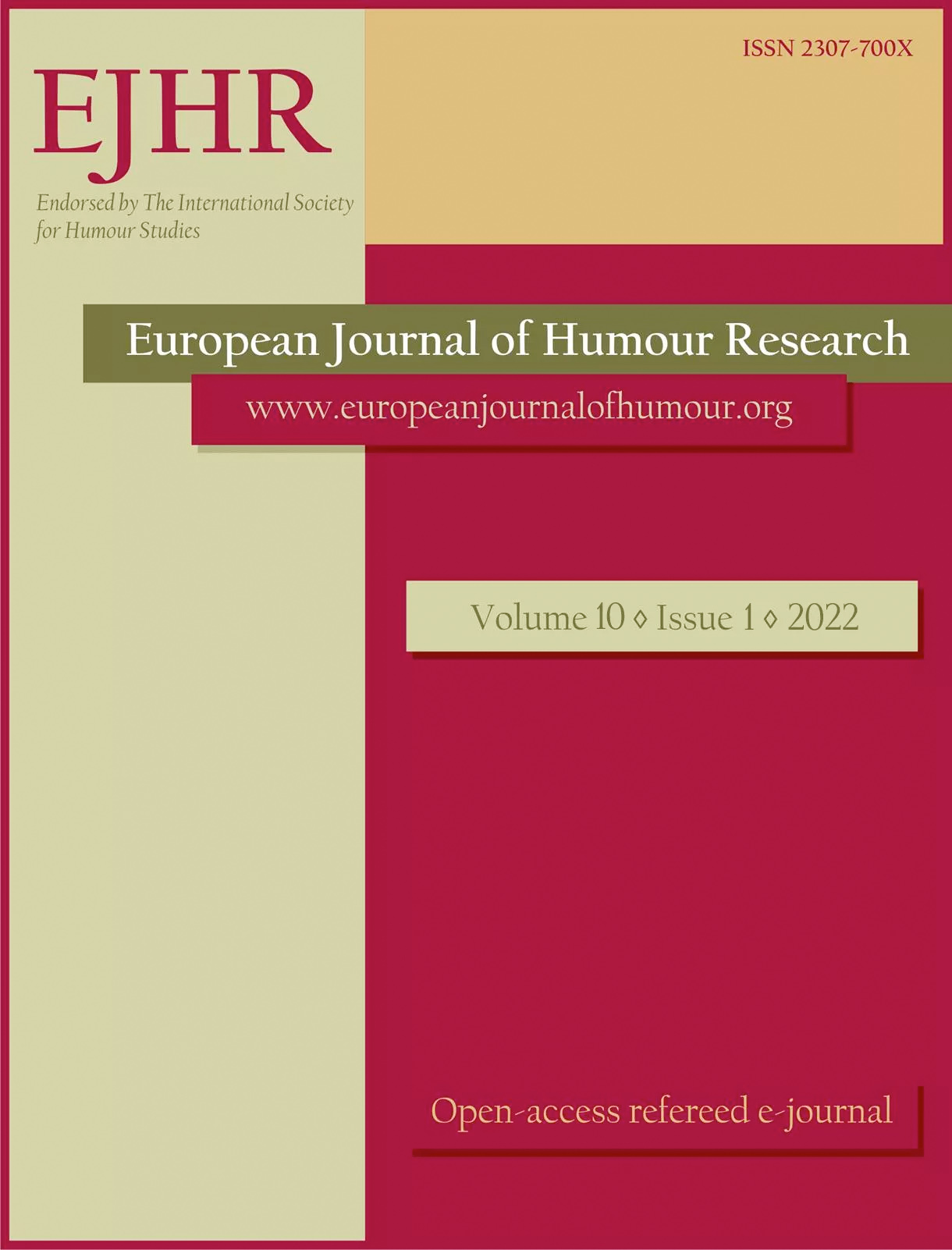
This article marks the first decade of the European Journal of Humour Research. We wish to thank all our Authors and Editorial Team members – Editorial Assistants, members of the International Editorial Board, and Reviewers from all over the world, who have been working hard for many years – all pro bono publico. We welcome new contributors and collaborators in the coming decade.
More...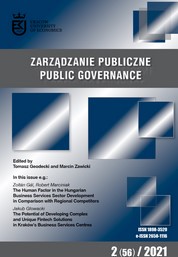
This special issue focuses on territorial embeddedness and growth prospects for the fast-growing Business Services Sector (BSS) in Central and Eastern European (CEE) economies. In this editorial, we introduce the topic of the special issue and outline the dimensions of territorial embeddedness of the Foreign Direct Investment (FDI) in the sector in question, taking into account the risk of relocation and the linkages between investors and local contractors. With regard to development perspectives, we draw on theory and empirical research in the field of industrial upgrading. The contributions to this special issue include six selected articles that deal with the territorial embeddedness of the business services sector in CEE, the role of human capital, the increasing complexity of services provided by this sector, office location factors, labour costs in the region, as well as the prospects of integrating the neighbouring Ukrainian economy into global value chains.
More...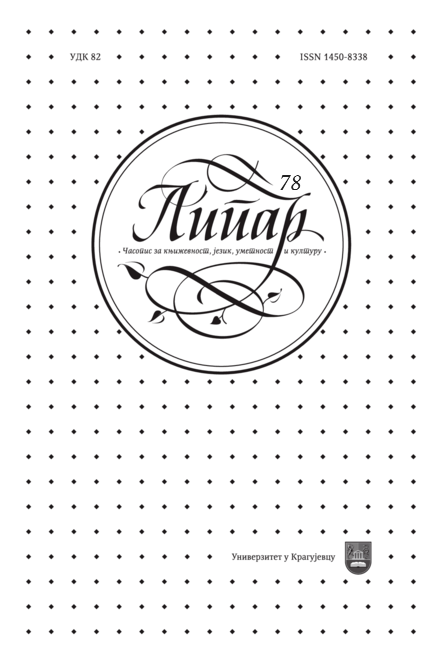
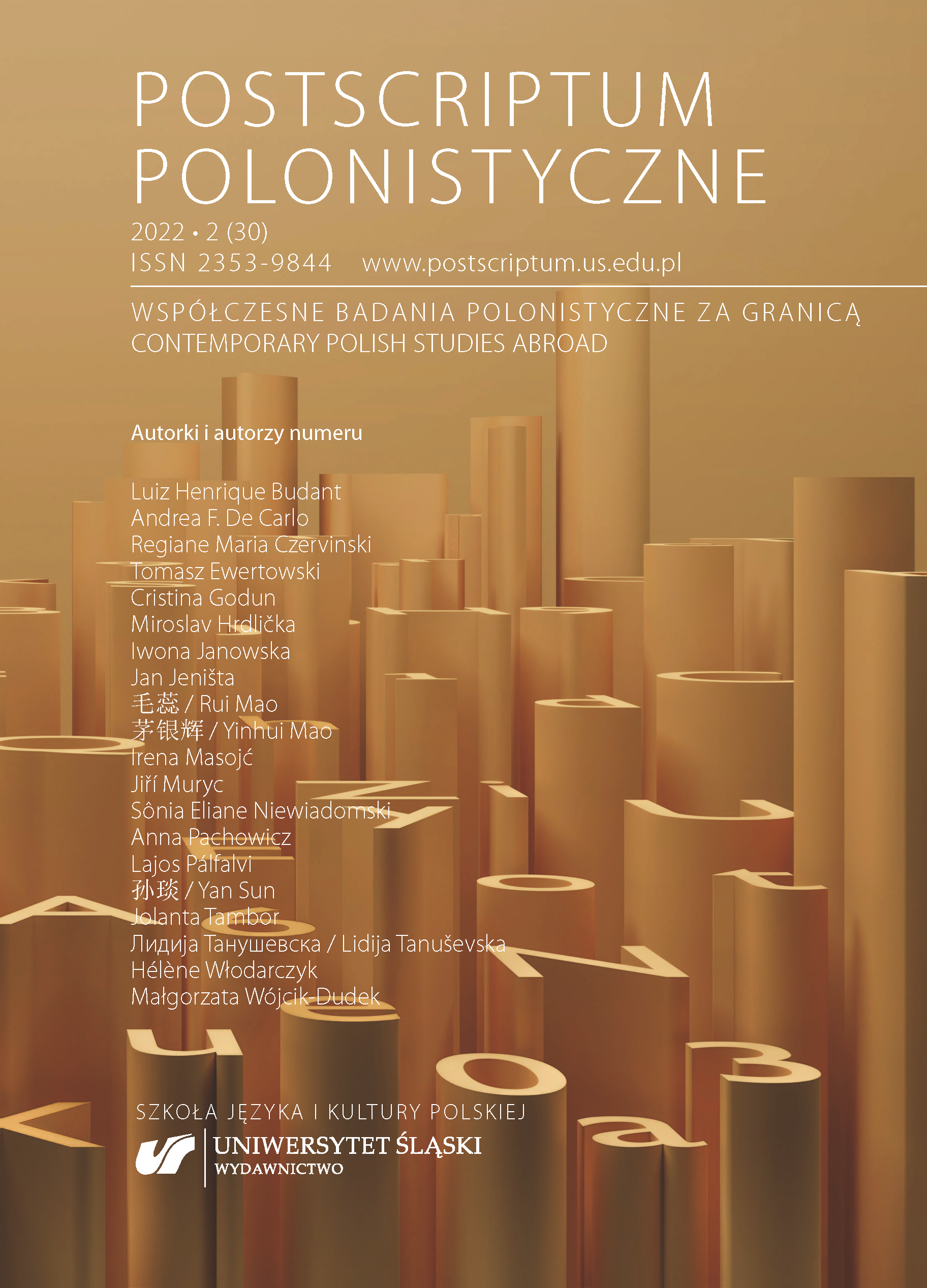
The Prescriptum entitled Polonistyka nie tyko po polsku [Polish Studies not only in Polish] explains the origin of the multilingual issue of “Postscriptum Polonistyczne” that crowns the 30th anniversary of the periodical as an international publication. It was thirty years ago, in fact, that the journal, back then still a newsletter of the School of Polish Language and Culture at the University of Silesia, featured the first article by a foreign Polish studies scholar, Halina Klimsza from the Czech Republic. This text provides a very brief historical account of how the periodical became internationalised, describing the stages of its development that led to the transformation from a newsletter to a “journal of Polish and foreign Polish studies scholars”, and reporting on the editors’ most recent decisions to accept papers for publication also in the English language. The Prescriptum explains the motivation for creating this issue as a collection of Polish studies texts in the native/first languages of the foreign Polish studies scholars who wrote them. We wanted and still want to make sure that knowledge about interesting phenomena and research from Poland and in the field of Polish studies can reach all those who are curious about the world and who would otherwise not be able to obtain such information in their respective countries due to the language barrier. Moreover, we keep in mind young members of the Polish diaspora, who do not always understand the language of their ancestors.
More...